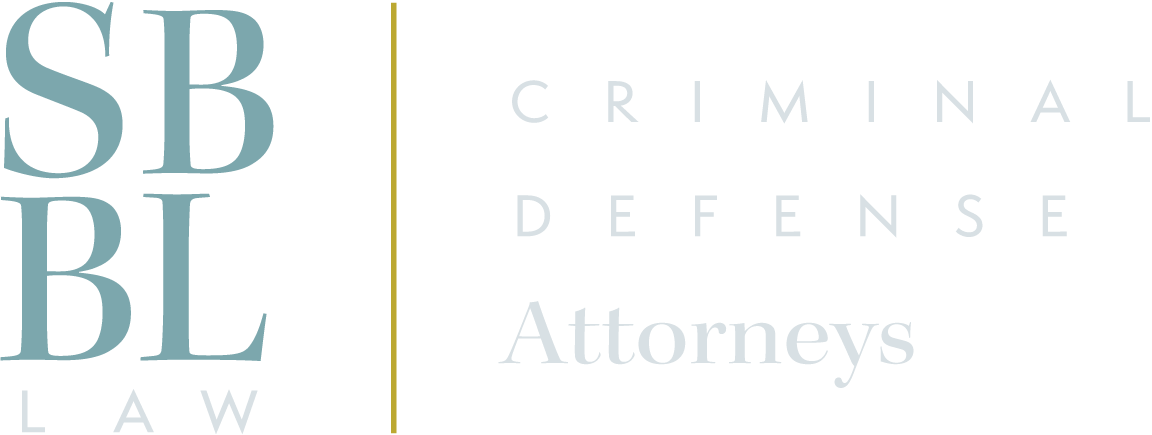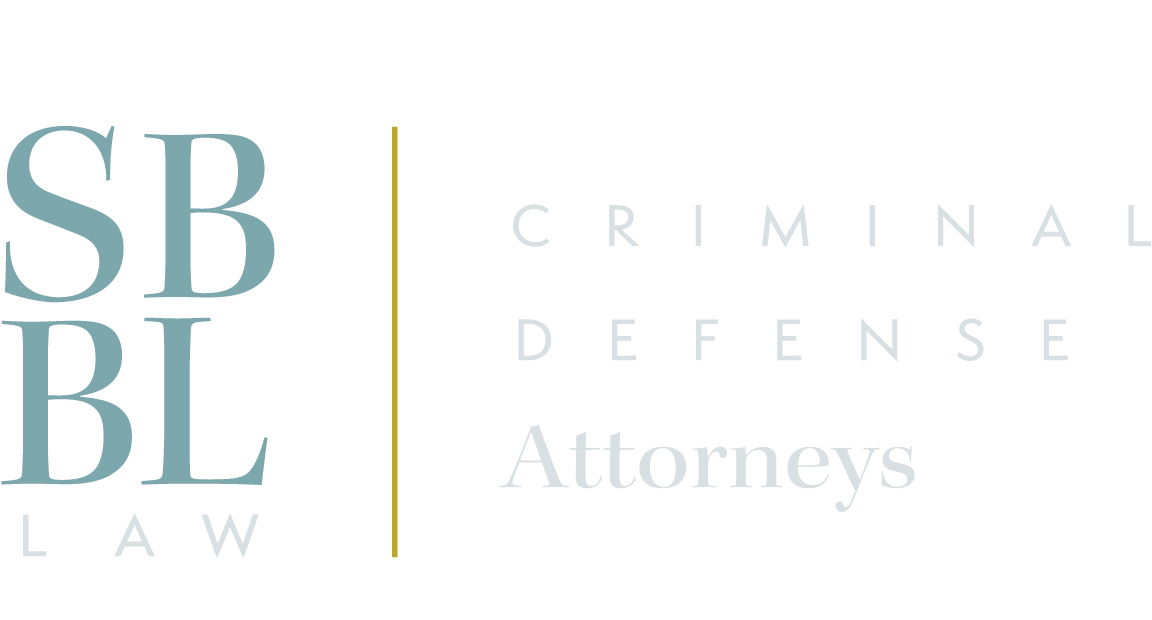Nationwide Title IX Lawyers for Respondents & Complainants
The Title IX team at SBBL Law leverages years as both prosecutors and defense attorneys to help people navigate Title IX investigations at schools and colleges nationwide.
We work with both people accused of sexual assault and sexual harassment under Title IX as well as people who have been the victims of such acts. Our Title IX attorneys handle cases in every state across the United States.
Title IX is a federal law that dictates how schools and colleges have to respond to allegations of sexual assault and sexual harassment. The law is constantly changing and requires schools to take a number of administrative steps that afford both the accused person and the complainant a variety of rights — like the right to a fair and impartial investigator, the right to support measures that do not interfere with their access to educational programming, the right to provide evidence and witnesses on their own behalf, and the right to a hearing in many instances. Because Title IX laws have changed dramatically over the years, many schools are unprepared to provide a process that fully complies with the law.
SBBL Law’s Title IX group provides expert guidance to students and employees facing one of the most stressful experiences of their life. Sexual assault and sexual harassment accusations can trigger a Title IX investigation by the school, as well as a parallel criminal investigation in many cases. If the school substantiates the allegations after an investigation, the accused person can face sanctions ranging from probation and corrective measures to expulsion or termination. Our attorneys know how to guide students and employees through the multitude of risks, both during the school administrative process and any criminal investigation. We ensure that the school or college follows the detailed requirements of the law. If needed, we will file a complaint with the Department of Education’s Office for Civil Rights or take the case to court to ensure that the accused person’s or the complainant’s rights are protected.
When Should I Contact a Title IX Attorney?
If you are accused of sexual assault or sexual harassment while you are a student or an employee of a school or college, you should contact a Title IX attorney as soon as possible. Your initial response to the allegations can determine the outcome of the entire case, both at the school level and in any criminal investigation. Statements you might make in an attempt to get your side of the story out could end up seriously jeopardizing the strength of your case or triggering a criminal prosecution.
Likewise, if you are the victim of sexual assault or harassment and the school does not follow proper procedures to protect your rights, retaining an attorney as soon as possible can help get the process back on track.
What’s the Strategy to Win a Title IX Case?
Having the right approach from the very first contact with the Title IX Office is essential. SBBL has developed a successful strategy for representing students and faculty members dealing with complex Title IX cases nationwide. Find more about our winning Title IX strategy here.
Title IX’s Scope
Under Title IX, any school that receives federal funding for any educational program — from kindergarten through post-graduate educational programs — must provide fair and equal treatment of the sexes in all areas. Almost all schools, whether public or private, receive some form of federal funding and are subject to Title IX’s requirements. Title IX applies in the following types of cases:
Sexual harassment or sexual assault;
Retaliation;
Athletics;
Pregnancy; and
Sexual orientation and gender identity.
Title IX in Sexual Harassment and Assault
Title IX includes any unwelcome sexual conduct, such as unwelcome sexual advances, requests for sexual favors, and other verbal, nonverbal, or physical conduct of a sexual nature. Sexual violence refers to physical or sexual acts conducted against a person’s will or where a person is incapable of giving consent. Title IX also prohibits sex-based harassment, which includes verbal, nonverbal, or physical aggression, intimidation, or hostility based on sex or sex stereotyping, even if those acts do not involve conduct of a sexual nature. Title IX protection against sexual harassment and assault applies to both students and school employees.
Title IX in Retaliation Cases
Title IX prohibits schools and educational programs from retaliating against an individual for asserting Title IX rights or raising concerns that the school violates Title IX. This means that the school cannot penalize a person for bringing forth a report or complaint that falls under Title IX.
Title IX in Athletics
Title IX requires schools to treat men and women equally regarding athletic participation opportunities, athletic scholarships, and the treatment of teams. This includes aspects of athletics from equal facilities, equipment, uniforms, travel and travel funding, scheduling of practice and games, housing, and other activities related to athletic participation.
Title IX in Pregnancy Discrimination Cases
Pregnancy discrimination is also sex discrimination that Title IX prohibits. Under Title IX, schools must give students who are, have been, or may be pregnant the same access to school programs and extracurricular activities. A student who misses classes, clinic hours, or any educational program due to pregnancy cannot be penalized for those absences. Further, Title IX must allow a student the opportunity to make up missed work.
Title IX in Sexual Orientation & Gender Identity
Title IX prohibits discrimination against LGBTQ+ or gender nonconforming students. Under Title IX, schools must respond to and remedy bullying, harassment, and discrimination against LGBTQ+ or gender-nonconforming students. In addition, students have a right to equal access to educational opportunities, including access to single-sex spaces, gender-neutral and equitable enforcement of dress codes, and activities consistent with their gender identity.

